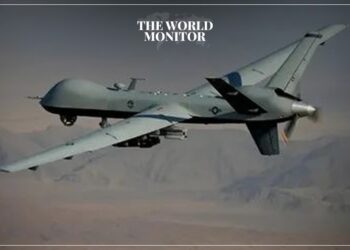Yasir Al-Atta, a key figure in Sudan’s Sovereignty Council, affirmed the army’s determination to continue the conflict without seeking negotiations or a truce with the Rapid Support Forces (RSF), painting a picture of a relentless pursuit of victory against what he described as a dishonorable militia.
Al-Atta’s strong statements were made during an iftar gathering, emphasizing the army’s disdain for the militia’s actions and underscoring a war waged until triumph is achieved. The event saw attendance from notable political and military leaders, signaling unified support for the army’s stance.
Earlier statements by Abdul Fattah Al-Burhan and Malik Agar, prominent leaders in Sudan’s government and military, echoed similar sentiments of resolving the conflict through military means rather than peaceful negotiations, showcasing a unanimous front within the highest ranks of Sudanese leadership.
In a significant move, Darfur’s Governor Minni Arko Minawi announced his participation in the conflict alongside the Sudanese Army, signaling heightened efforts to stabilize the nation amidst the crisis.
Despite international efforts to broker peace, the ongoing conflict has led to devastating human losses, with thousands killed and millions displaced, underlining the urgent need for resolution in Sudan.
These developments highlight a critical juncture in Sudan’s prolonged crisis, with leaders advocating for a decisive military approach over diplomatic negotiations, even as the international community calls for peace and the humanitarian situation worsens.
The ongoing conflict between the Sudanese army and the RSF has plunged 18 million people, representing over a third of the population, into a state of acute food insecurity.
The majority of those affected reside in conflict zones in regions such as Darfur and Kordofan, as well as in states like Khartoum and Al Jazirah in eastern Sudan.
Recently, the UN World Food Programme (WFP) disclosed that it has only been able to deliver essential aid to 10% of the individuals in need in conflict-affected areas like Darfur.






